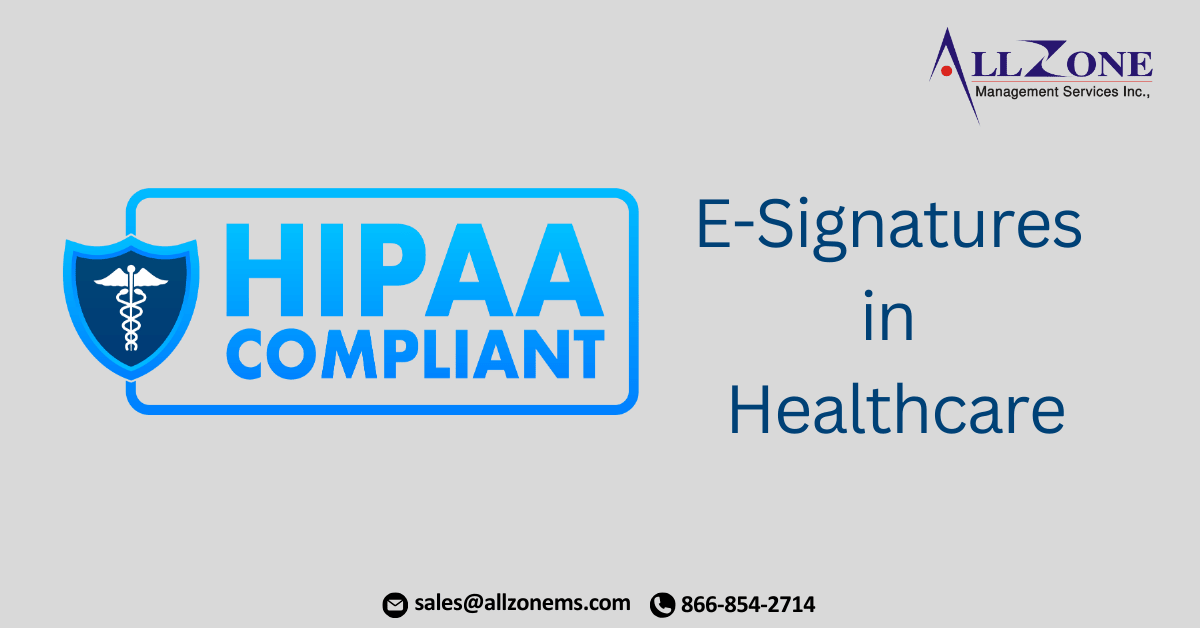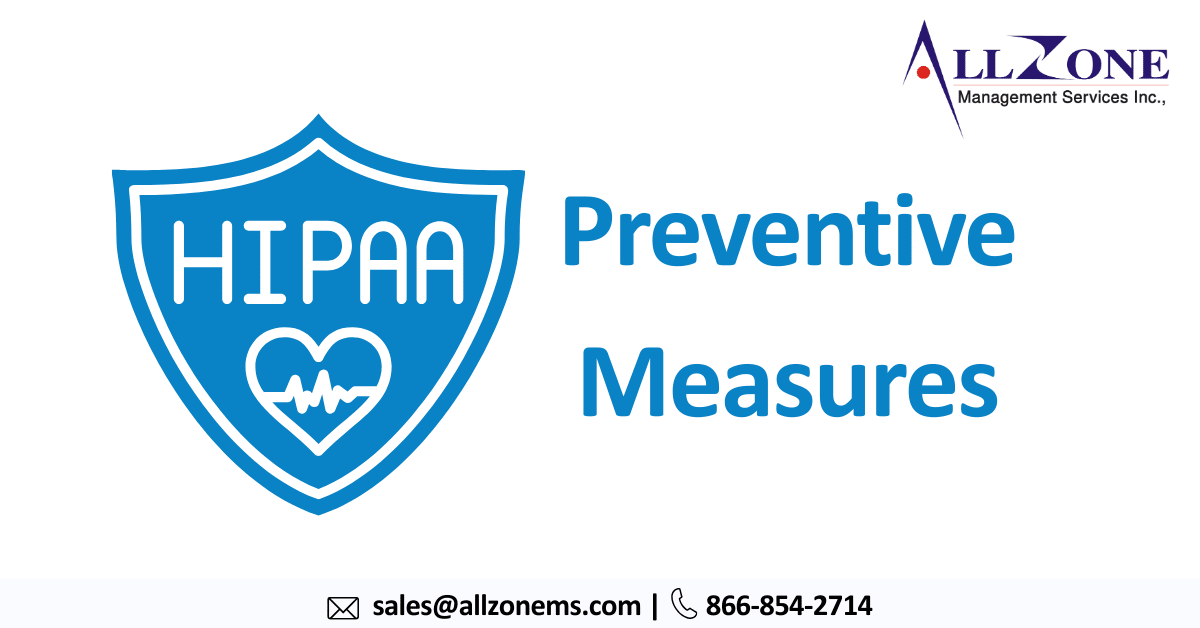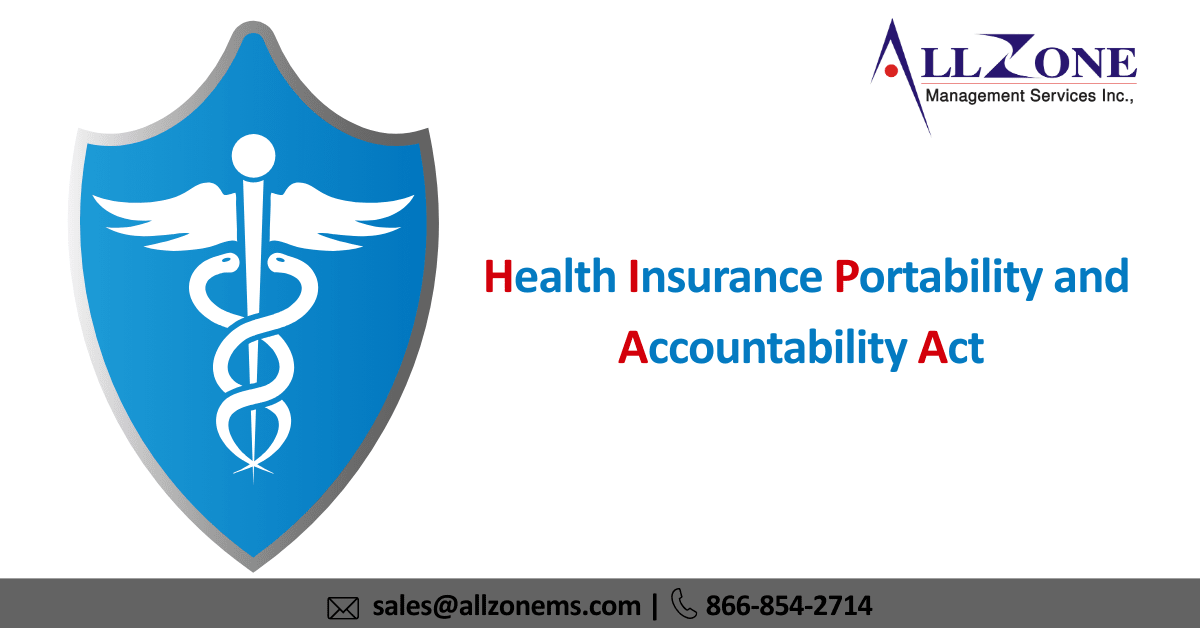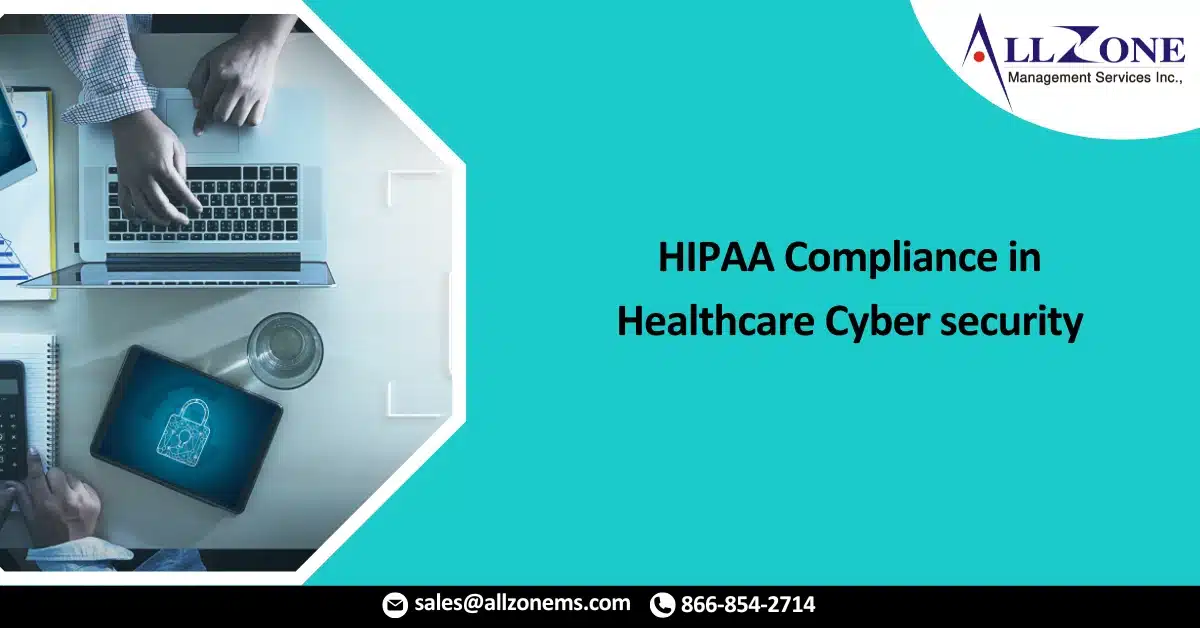This blog delves into the critical aspects of HIPAA-compliant e-signatures in healthcare, exploring how to leverage their efficiency while ensuring strict adherence to HIPAA regulations. HIPAA’s Stance on E-Signatures Early Considerations: HIPAA initially envisioned standards for electronic signatures, focusing on financial transactions. However, early digital signature technology proved inadequate for the stringent security requirements. Shift […]
HIPAA violations happen when a healthcare organization fails to follow the Health Insurance Portability and Accountability Act (HIPAA) rules. HIPAA is a law that protects patients’ privacy by setting standards for securing and sharing their medical information. There are different ways a HIPAA violation can occur, but they often involve a patient’s protected health information […]
It is important to note that the Health Insurance Portability and Accountability Act (HIPAA) Security Rule of 1996 established standards for protecting individuals’ electronic personal health information (PHI). This includes any identifiable health information, such as medical records and histories, medical bills, and lab results, among others. A covered entity, including healthcare providers, health plans, […]
It is important to note that HIPAA compliance in healthcare cybersecurity was an issue that was unknown 20 years ago. Technology has also progressed very quickly, which has introduced many benefits, however, it also poses a major challenge: maintaining the privacy of patient information. At the heart of these privacy concerns is the Health Insurance […]
Claims management is a multi-step process that provides ample opportunity for errors and delays, but if payers modify their approach to certain steps in the process it could have a positive impact overall. In the most concise language, claims management starts with a provider sending a claim or prior authorization request to a payer. The […]





